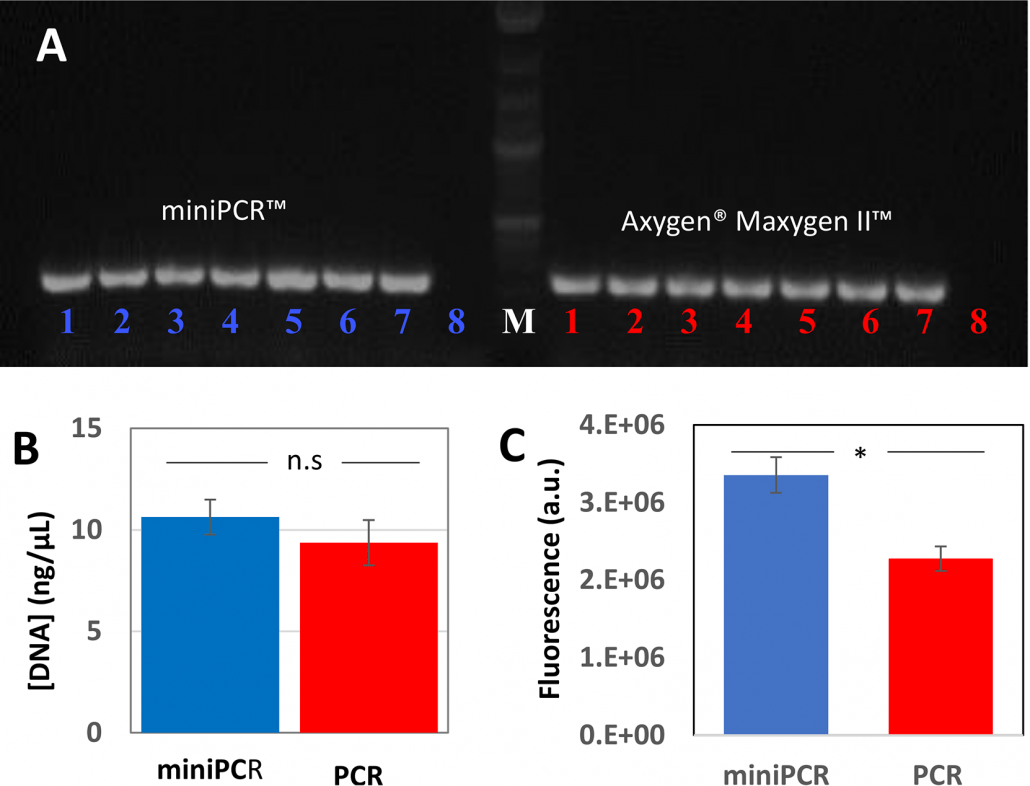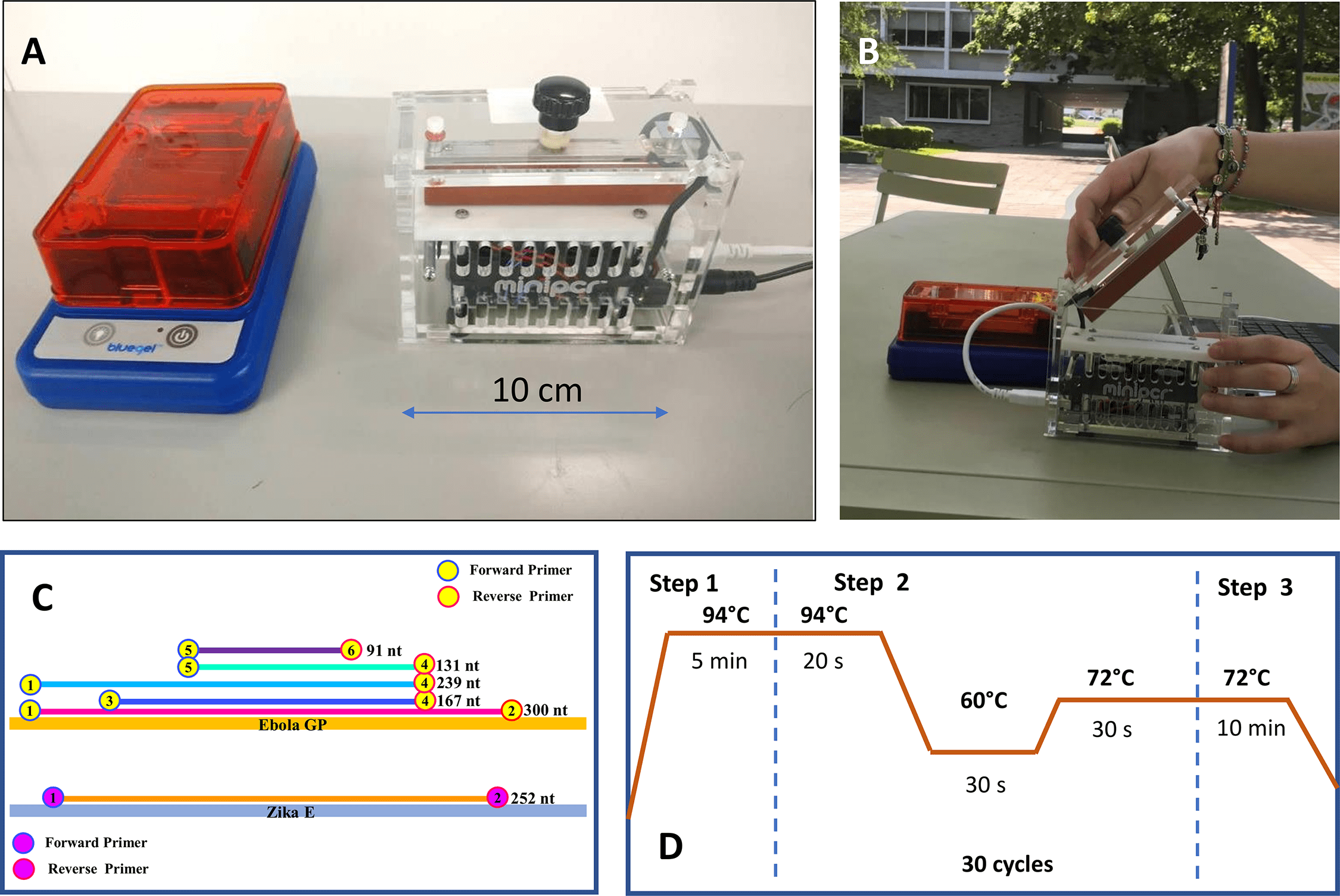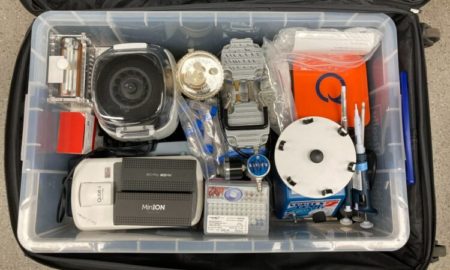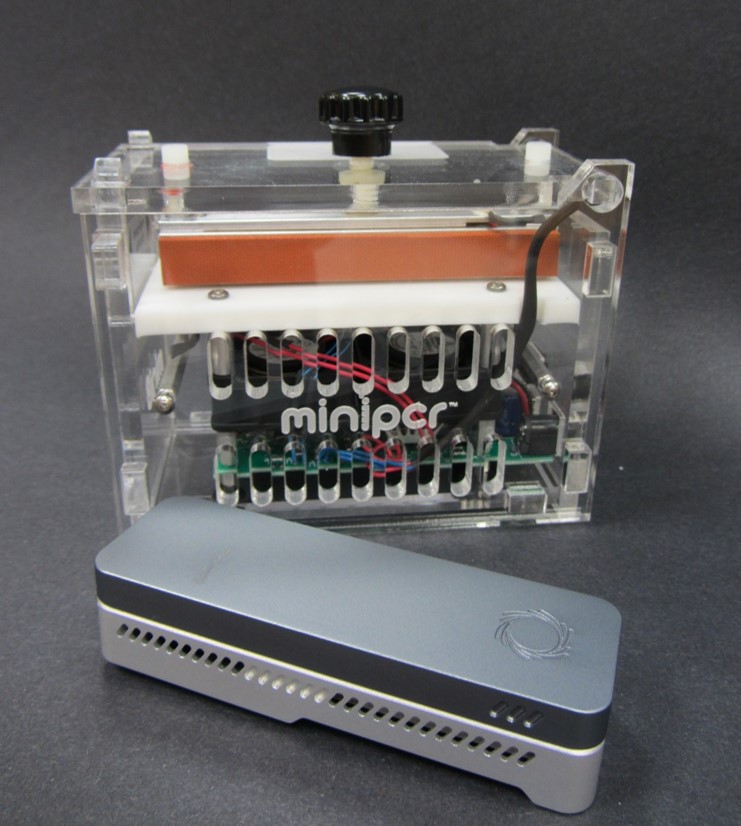Validation of use of the miniPCR thermocycler for Ebola and Zika virus detection
Abstract
The development of point-of-care (POC) diagnostic systems has received well-deserved attention in recent years in the scientific literature, and many experimental systems show great promise in real settings. However, in the case of an epidemic emergency (or a natural disaster), the first line of response should be based on commercially available and validated resources. Here, we compare the performance and ease of use of the miniPCR, a recently commercially available compact and portable PCR device, and a conventional thermocycler for the diagnostics of viral nucleic acids. We used both thermocyclers to detect and amplify Ebola and Zika DNA sequences of different lengths (in the range of 91 to 300 nucleotides) at different concentrations (in the range of ~50 to 4.0 x 108 DNA copies). Our results suggest that the performance of both thermocyclers is quite similar. Moreover, the portability, ease of use, and reproducibility of the miniPCR makes it a reliable alternative for point-of-care nucleic acid detection and amplification.

Access the article at PLOS ONE.










